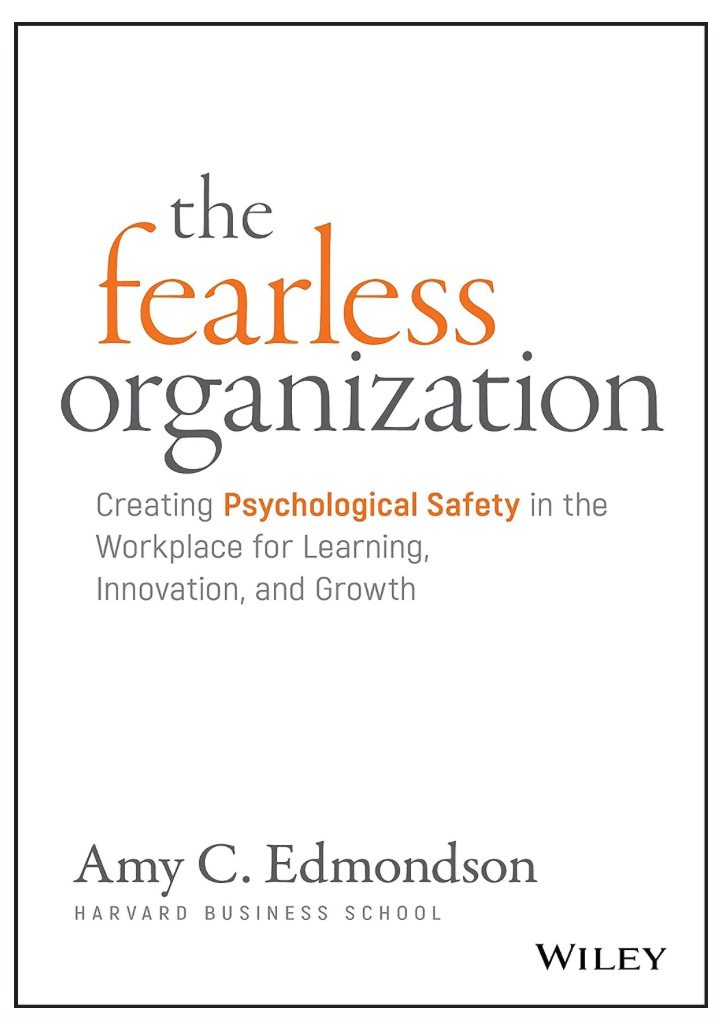What psychological safety is not!
- Martyn

- Mar 5, 2024
- 2 min read
I get this question a lot. “So is psychological safety all about letting people do what they want?”
The answer is no. Not at all.
As the psychological safety concept takes hold and expands across our work, it is important to really understand it before embarking on half baked, ill informed solutions.
Psychological safety is not letting people do what they want. There are still organisational rules to comply with.
It is not about agreeing with everyone to keep the peace. Disagreement is still part of work.
And it doesn’t mean we have to continually praise people for every aspect of their work, regardless of how mediocre it is.
Professor Amy Edmondson describes it perfectly in her recent book, ‘The Fearless Organisation’. It’s all about candor.
"Candor is possible for productive disagreement and the free exchange of ideas that are vital to learning."
Candor is frankness, the quality of being open and honest.
It must be respectful and professional. With candor, comes the building blocks of trust and psychological safety. With psychological safety comes learning.
Therefore, from a Human & Organisational Performance perspective, psychological safety is s key aspect of Learning Teams and organisational learning. When I facilitate Learning Teams, or deliver Learning Team training, I can't emphasise enough the importance of creating a psychologically safe workplace to aid learning.
Don’t think psychologically safety is about pampering difficult people, pandering to whims, being extra nice at all times and not addressing crucial conversations. It is not. It is, however, about candour and no blame that builds a culture of learning.
I encourage everyone embarking on the psych safety journey to read Amy’s awesome book. You’ll learn a lot!








Comments